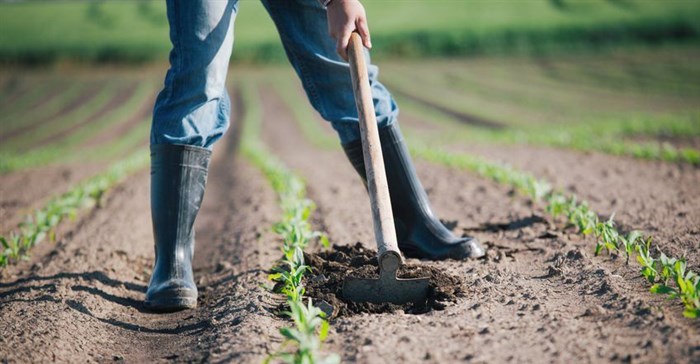A farmer's guide to coronavirus measures

In a press release the TAU SA stated that they attended the meeting and that all industry role-players gave input on which steps to take. A task team was subsequently established consisting of the Department of Agriculture and representatives of organised agriculture. TAU SA is represented on the task team and said that the team would convene on 19 March, after which all decisions taken will be communicated with the industry.
There is also a process underway by the National Economic Development and Labour Council (NEDLAC) to establish a more comprehensive response to the COVID-19 outbreak. This is according to a press release by Agri SA. Meanwhile, farmers are advised to adhere to the protocols announced by President Cyril Ramaphosa.
Coronavirus guidelines for farmers
Organised agriculture bodies such as Agri SA, TAU SA and Free State Agriculture (FSA) all released statements that encouraged farmers to adhere to the banning of all gatherings of more than 100 people. Organised agriculture and other industry role-players have all cancelled or postponed unnecessary gatherings.
Farmers should also study the guidelines set out by Agri SA in accordance with guidelines published by the World Health Organisation (WHO) and make it available to their employees. The guide is available in several languages. Adhering to the guidelines will ensure a safe and healthy work environment for all involved. Click here to access the guidelines to coronavirus measures.
In a press release by FSA, the organisation emphasised that farmers should know the symptoms of Covid-19 and be vigilant with regard to symptoms among employees. The most prevalent disease signs include fever, a dry cough and difficulty breathing. They also advised to be especially vigilant if the person showing symptoms recently travelled to an affected area, especially internationally.
If any person is suspected of having the coronavirus, they are advised to call the National Covid-19 emergency number on 0800 029 999 and Whatsapp 0600 123 456.